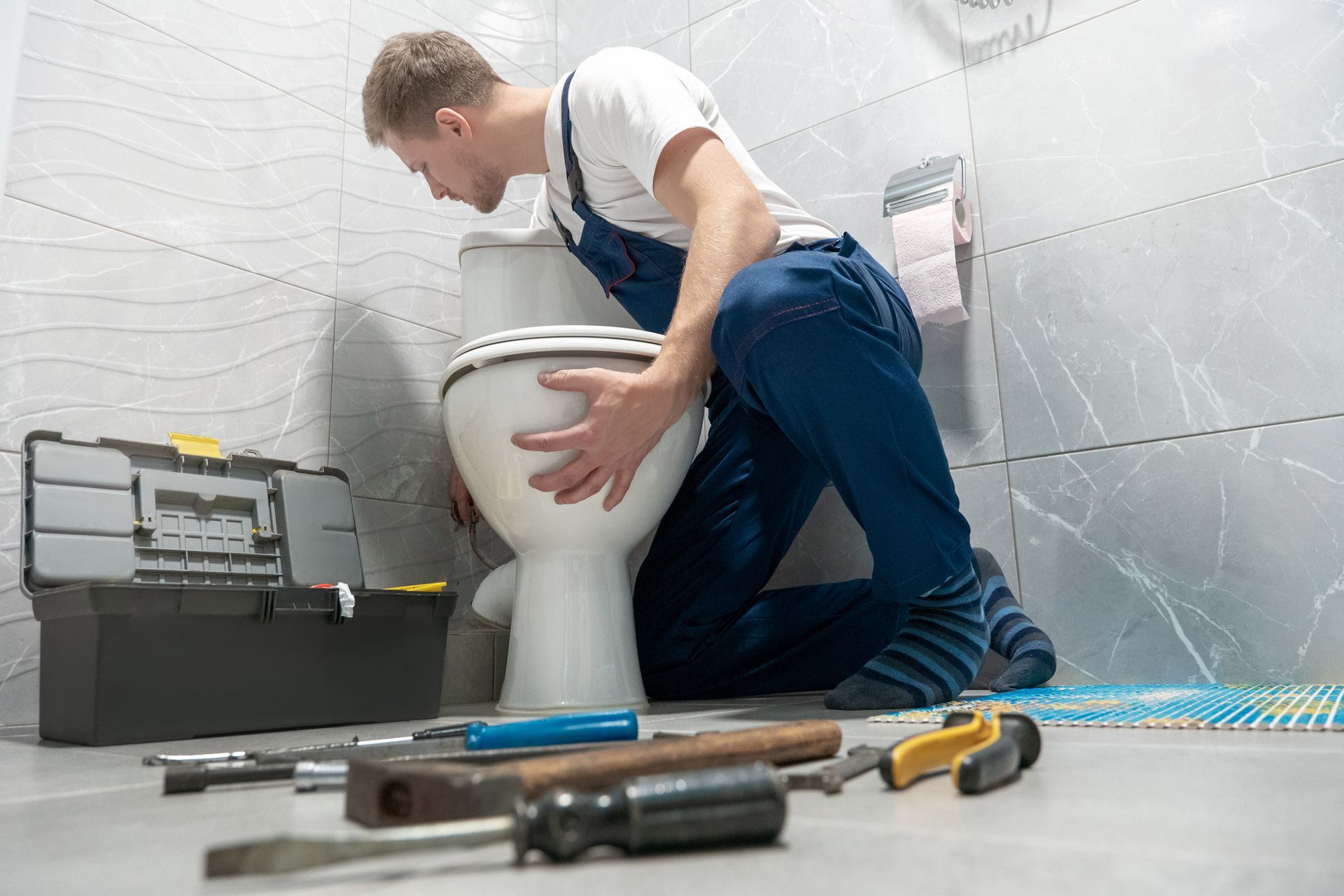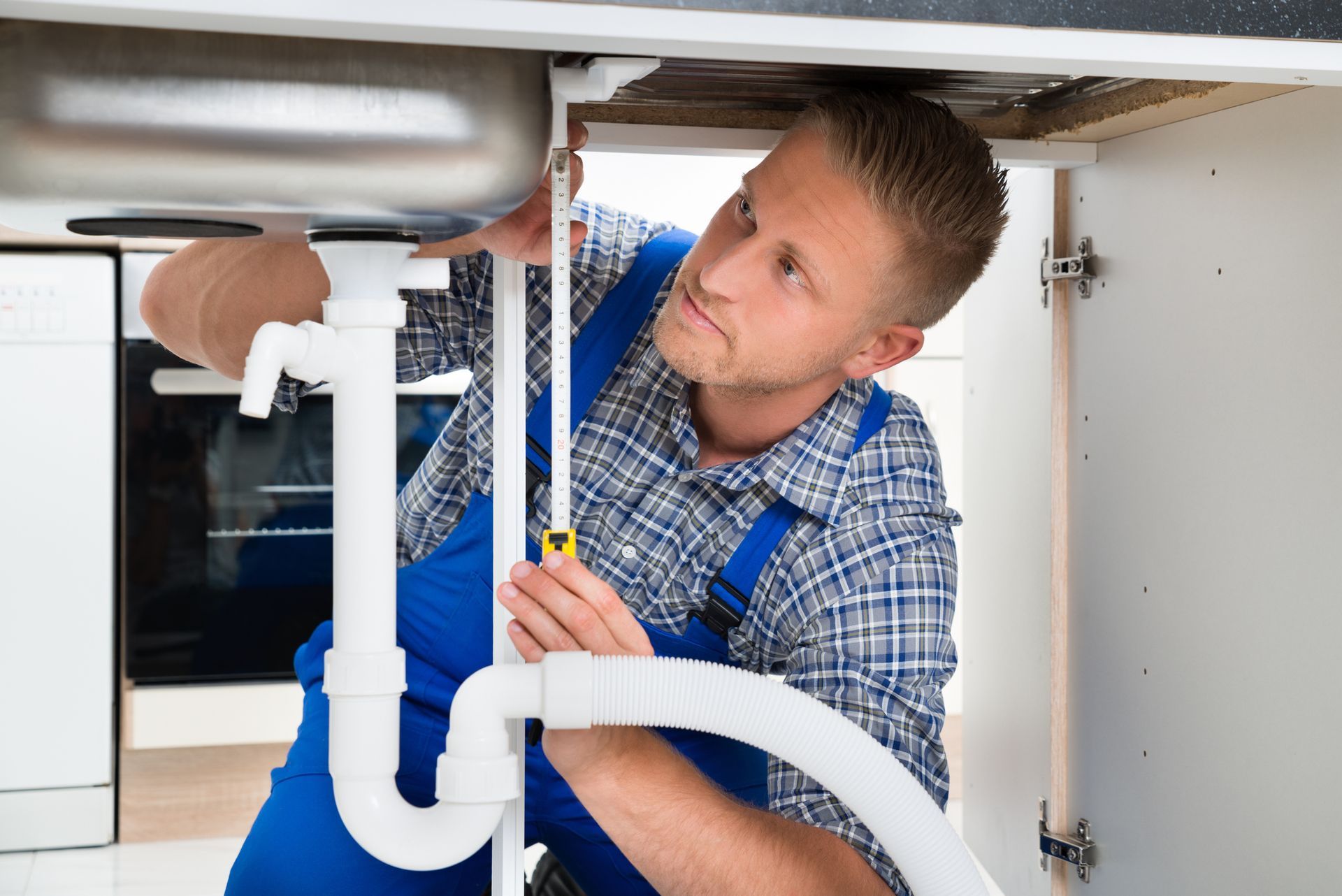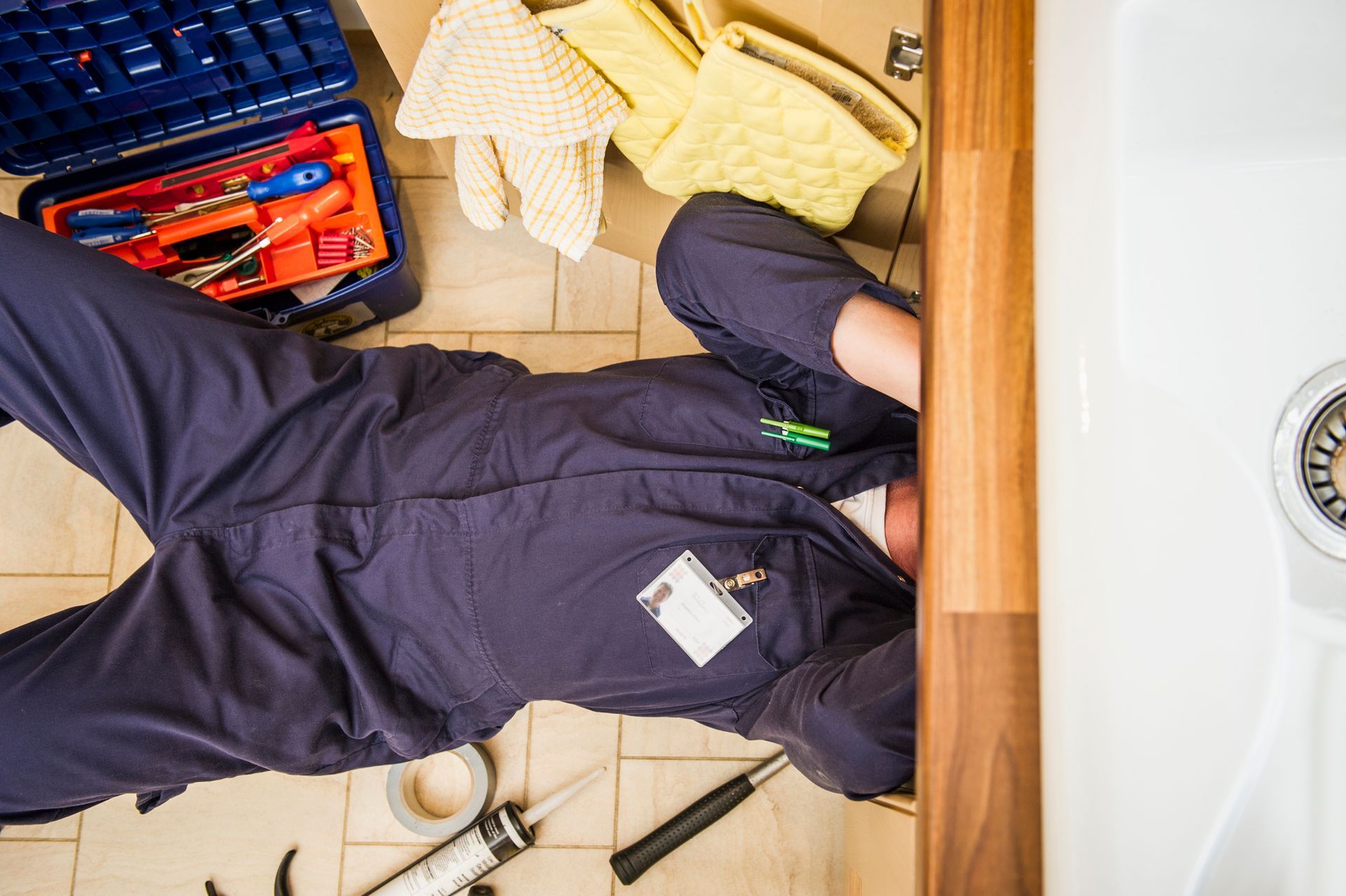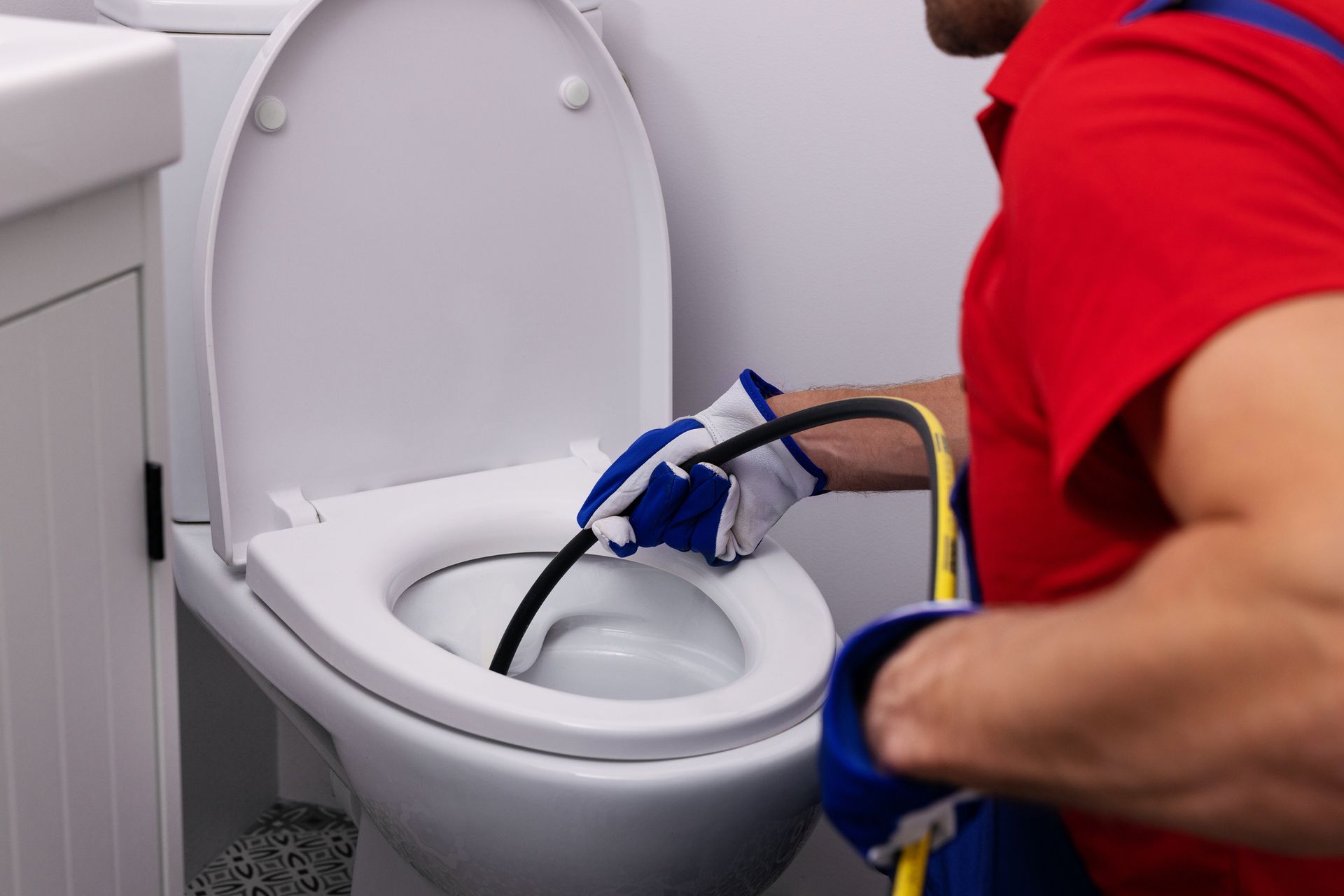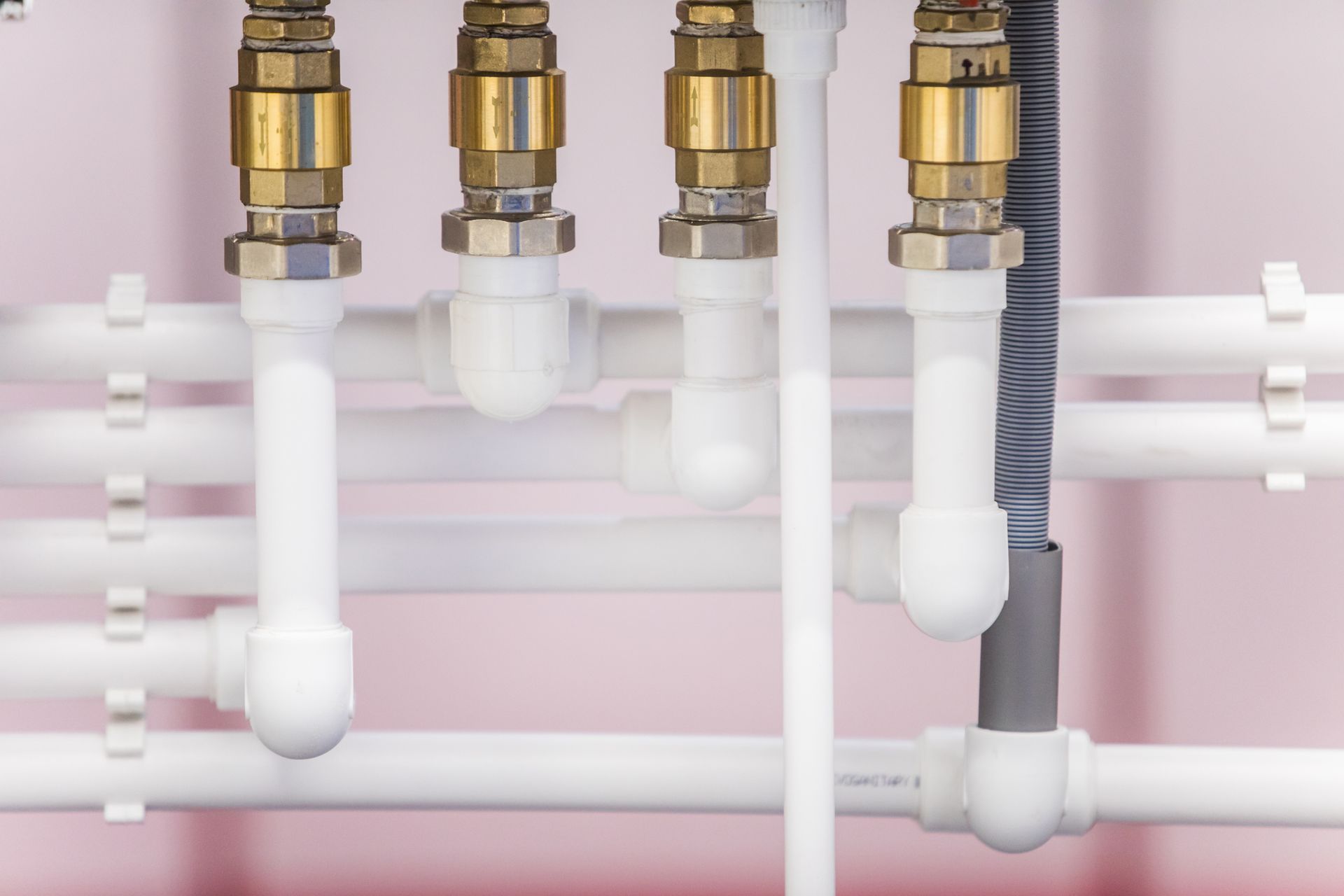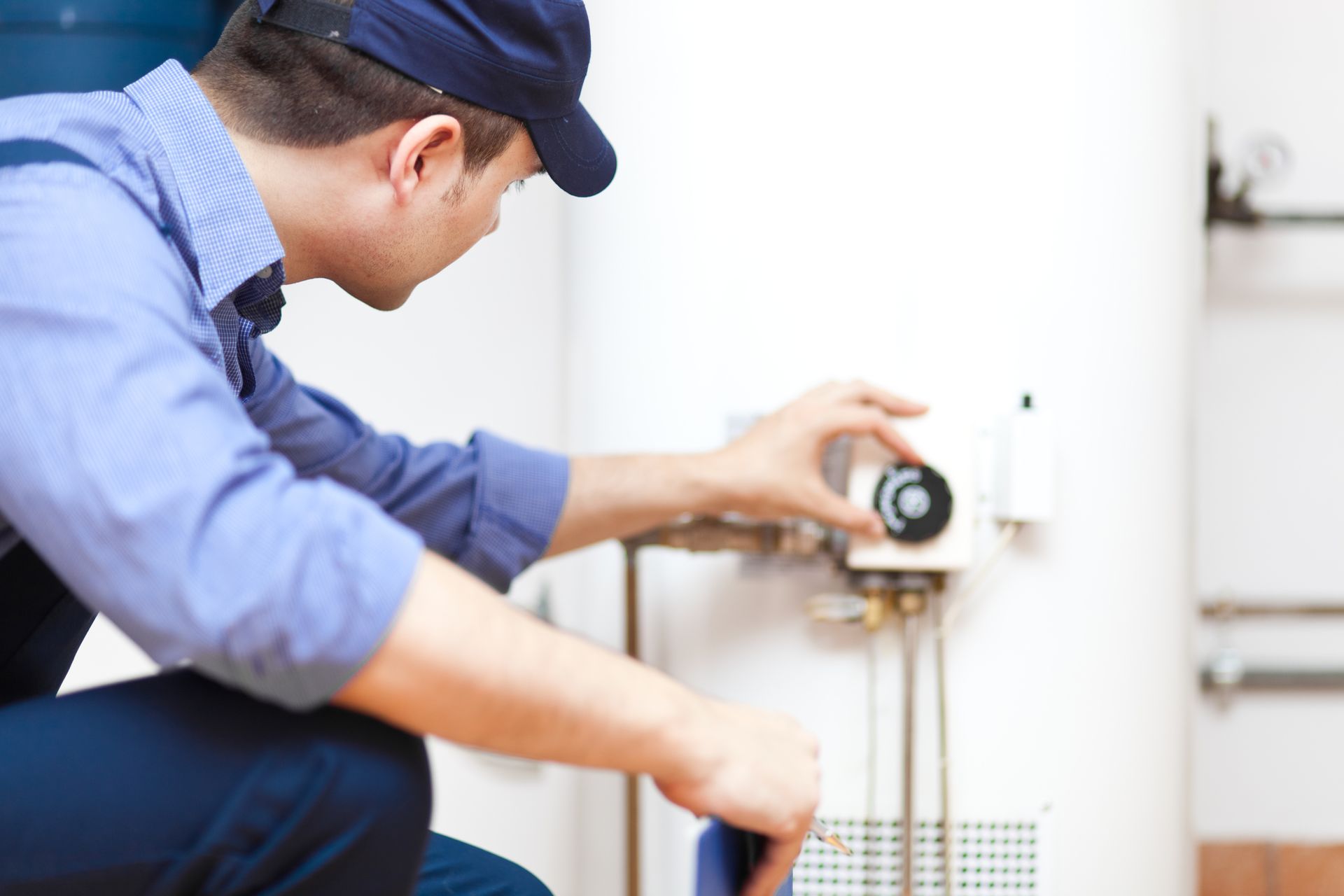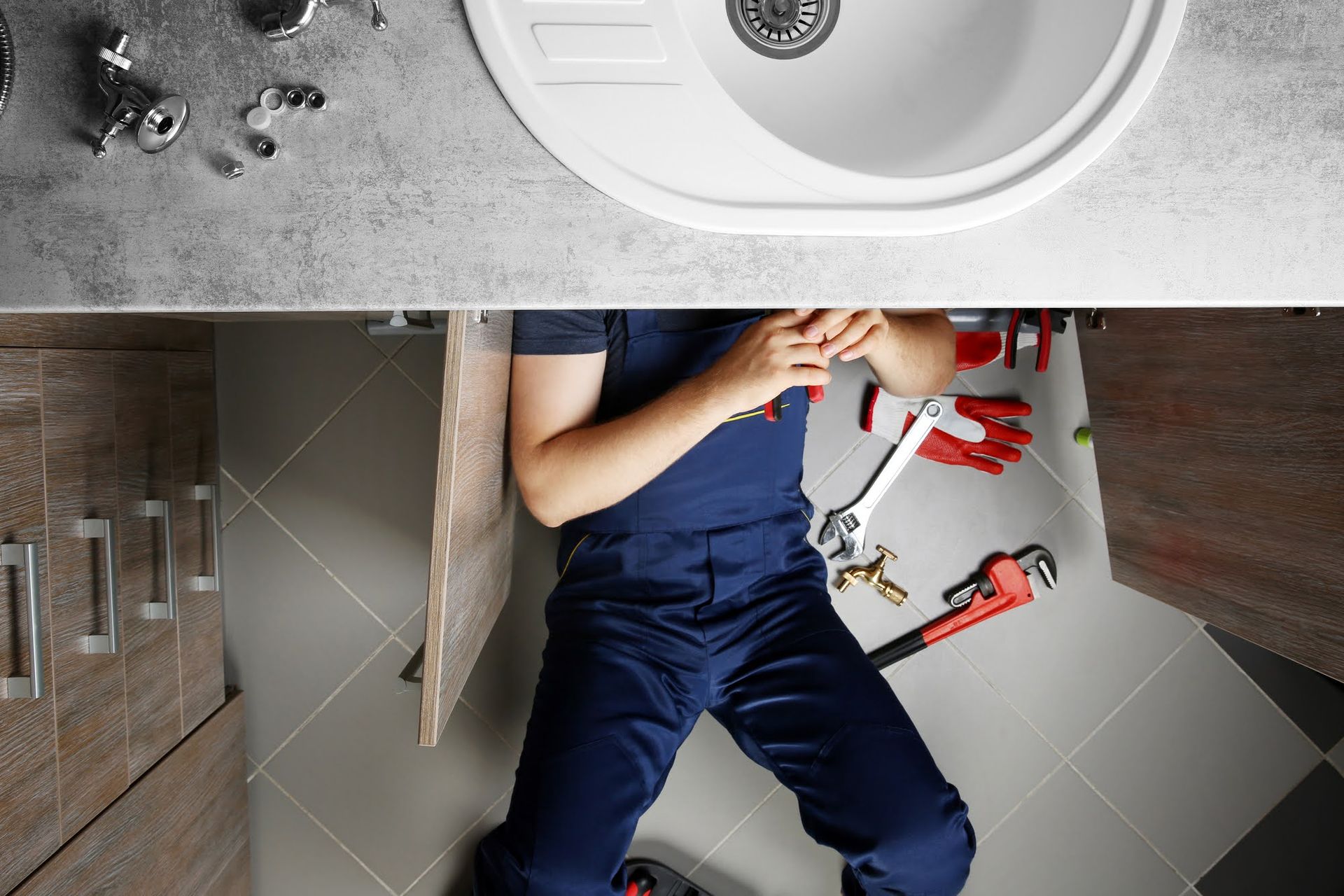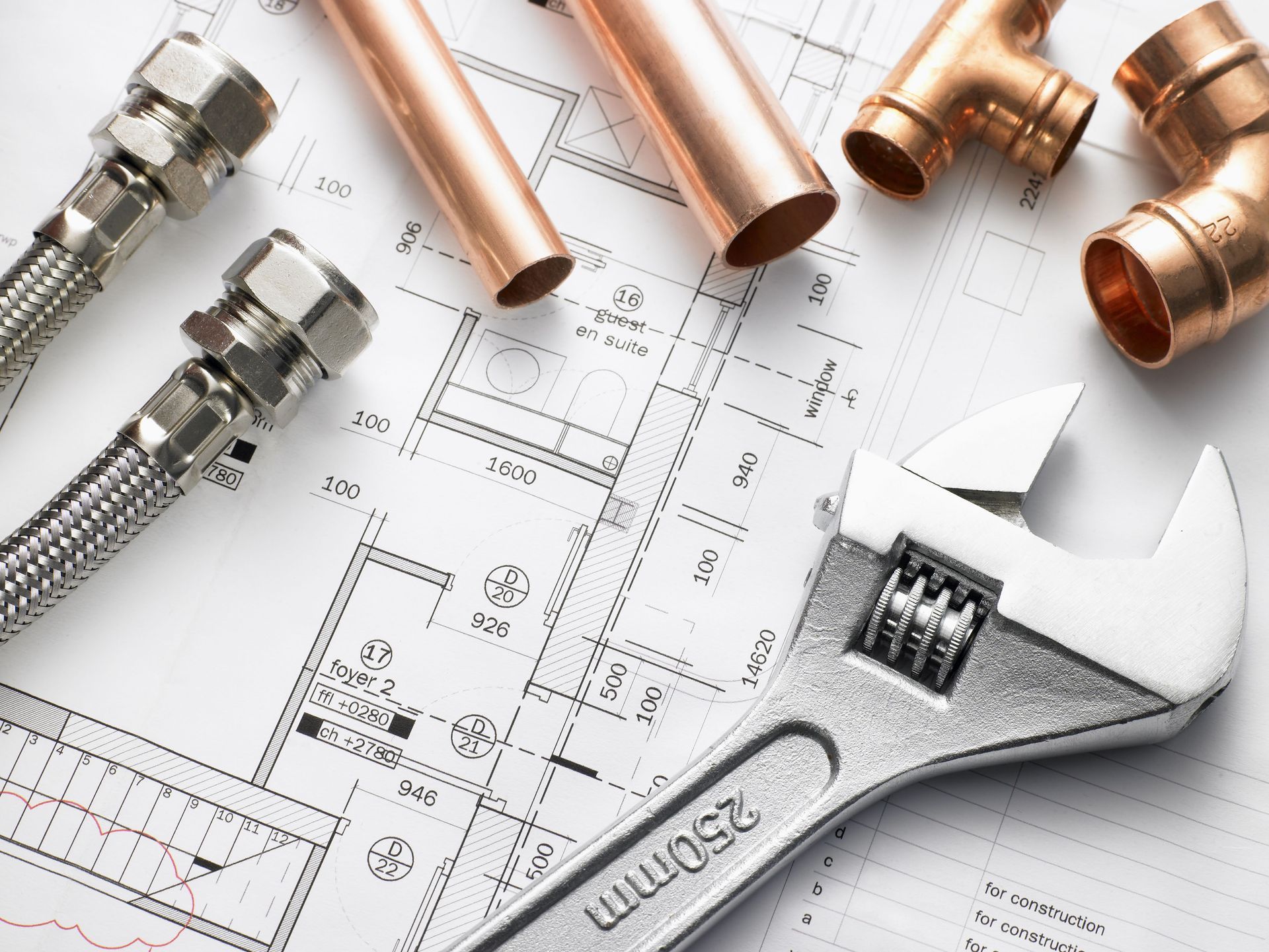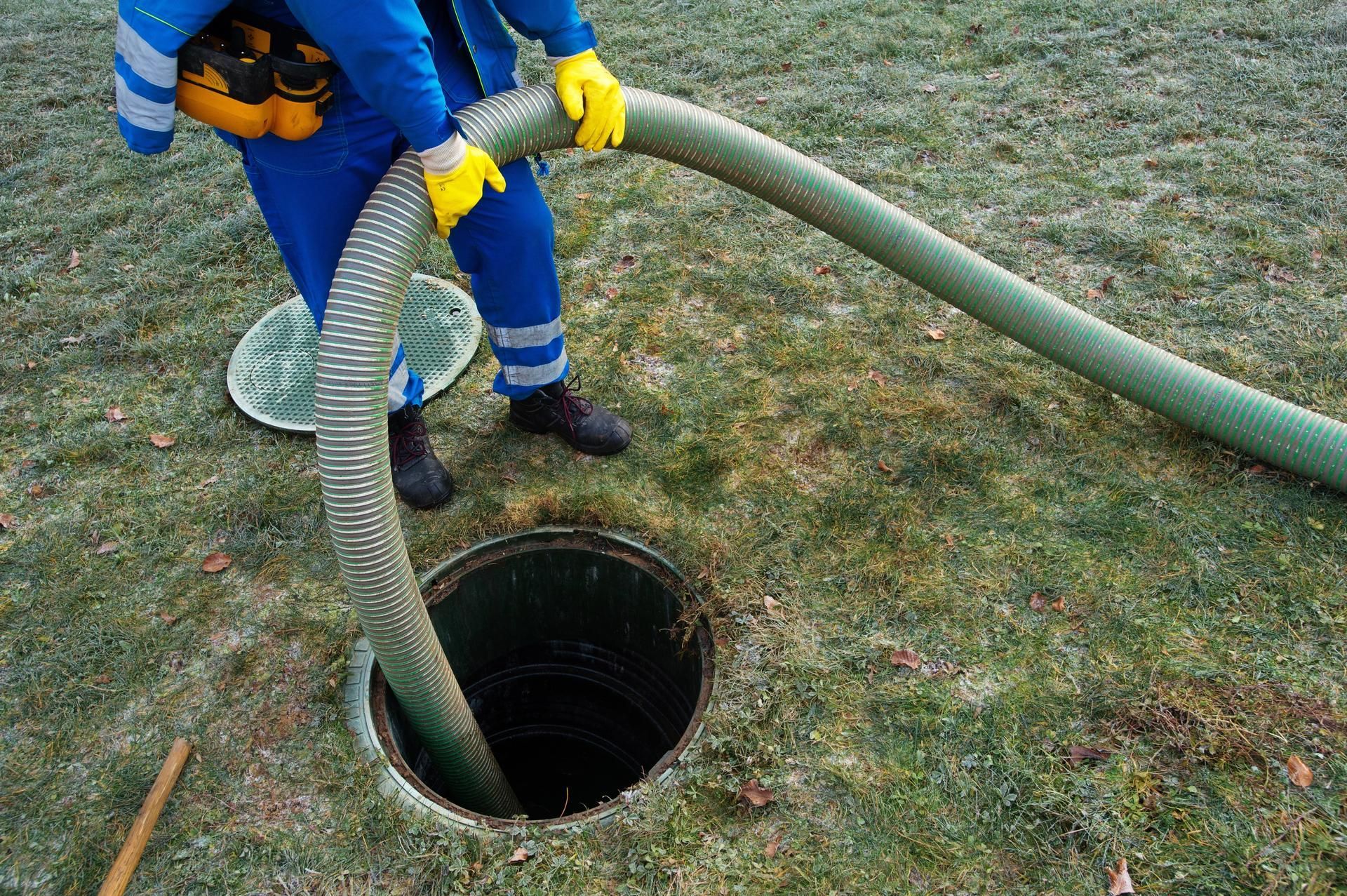A Brief Guide to High and Low Water Pressure

The amount of force that comes from the main water pipe inside your home is called water pressure. Measured in pounds per square inch (PSI), the water pressure inside a house is usually anywhere from 30 to 80 PSI.
If you're wondering if your water pressure is on the high or low side, you can measure it with a water pressure gauge. Optimum water pressure is between 60 to 70 PSI.
To better understand water pressure, here is some helpful information on high and low water pressure, the signs and causes, and what to do about it.
High Water Pressure
Homeowners that prefer high water pressure might not think anything is wrong with water that comes out of the shower or faucet with a stronger force. What these homeowners may not realize is that water pressure that is too high can cause a myriad of problems. High water pressure is difficult to contain. Plus it can lead to worn seals and plumbing leaks.
High water pressure can also shorten the lifespan of household appliances such as washing machines, dishwashers, and boiler systems.
One way to tell whether your water pressure is too high is that your hot water runs out more quickly than it should. You might also experience banging or clanging sounds in the pipes when you shut off a running faucet. Noise in the pipes might also occur after you flush the toilet.
Another indication of high water pressure is loud appliances. If the dishwasher is louder than usual or the washing machine is noisy while filling with water, it could mean high water pressure is adding extra strain on the seals and mechanical pieces, which leads to more strain and noise.
A big utility bill is another sign that your water pressure is too high, as you use more gallons of water than you need to.
If you notice any of these signs, the first thing you should do is check whether you have a water pressure regulator. This is located past the main shutoff valve, which is where the main water line enters the house.
If you don't have a water pressure regulator, contact a plumber to install one. If you already have a water pressure regulator, you may need to either repair or replace it. If your water pressure regulator works as it should, contact a plumber to determine the cause of your high water pressure.
Low Water Pressure
Water pressure that is too low won't cause any damage like high water pressure can. Low water pressure is more of an annoyance than anything. It takes more time to clean your dishes or wash your hair. Plus, you might not feel like your dishes or clothes get clean enough. It also takes much longer to fill the bathtub or home appliances.
If you want to increase your water pressure, you must first figure out why it is low. Some of the most common causes of low water pressure include:
- You have too many plumbing fixtures running at the same time.
- Your faucets, shower heads, or other fixtures don’t work properly.
- Your water pressure regulator has gone bad.
- Your water shutoff valves are closed instead of fully open.
- Your pipes are clogged with hair, food, or other debris.
- Your plumbing pipes have become corroded.
If water pressure is too low in all your plumbing fixtures, it may be due to any of the above reasons.
Sometimes low water pressure only affects one plumbing fixture in your home. To determine this, go around and test the water pressure in your sink faucets, toilet, shower, bathtub, washing machine, and outdoor faucet. Turn on the hot and cold water for each fixture. If water pressure is low when you turn on the hot water, you may only have a problem with your water heater.
When you look for the cause of low water pressure, one more thing you may want to consider is that it is a problem with the city's municipal water system. To determine if this is the case, ask your neighbors if they have low water pressure. If they also have low water pressure, the city's plumbing system is likely clogged or corroded.
Low water pressure might also be due to the fact that your home is far away from the city's municipal water system or the water travels uphill before it reaches your home. In either of these cases, installing a water pressure booster pump can increase your water pressure.
Is your water pressure too high or too low? If you need to find a solution to your water pressure problems, contact Michigan Plumbing. We have been providing plumbing servicesto our customers in Ingham, Clinton, Eaton, and Shiawassee Counties since 1992, and are happy to help you solve your plumbing problems. We look forward to working with you.

